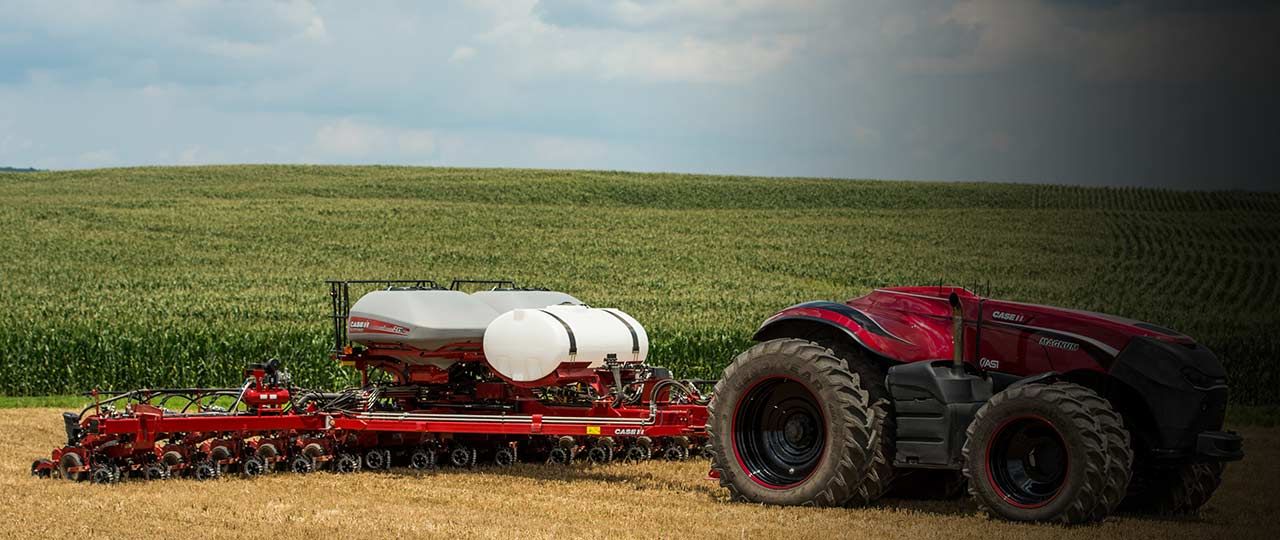
Jason Beedell
Director, Research


Director, Research
Farm Europe claims the EU’s use of current prices could mislead people and says that assuming 2% inflation, the CAP budget is actually cut by 12% pa in constant terms (on average across the 2021-2017 period).
Member States would also have to decide whether to impose a cap on payments to farmers (suggested at €60,000 pa) or degressive payments (lower rates of payment above certain farm sizes), in order to redistribute CAP spending to small and medium sized businesses (which may not have any cuts in their direct payments). This ‘internal Member State’ redistribution would happen at the same time as an across-the-EU redistribution of spending so that direct payments become more level in all Member States; this EU-wide equalisation has already been criticised as ignoring differences between countries’ labour and land prices.
The overall budget for rural development (or Pillar 2) is proposed to be cut to €79bn from €90bn (at current prices), although Member States will still be able to transfer funds from Pillar 1 to boost Pillar 2 spending.
The proposed cuts have not been well received by farming unions, which noted that farmers’ incomes are already well below average EU earnings in other sectors of the economy and that the cuts threaten the EU’s social and environmental objectives. Environmental groups are similarly upset by the proposals, saying they will not deliver biodiversity goals, climate change reduction or the Sustainable Development Goals.
The proposals are the start of a negotiation on the size and purpose of the budget. The proposal is that Member States will be asked for 1.11% of their Gross National Income, which is up from the current 1% of Gross Domestic Product but less than expected, and rises to 1.4% when certain off-budget items are added. The reasons for the proposed changes are a drop in EU income, mainly due to Brexit, and a planned increase in spending in some issues, such as border control, defence, migration and research (with €10bn for research and innovation in food, agriculture, rural development and the bio-economy). The changes to the budget will be funded by increased spending by Member States (this accounts for 80% of the change) with redeployments and savings accounting for the remaining 20%. In terms of next steps, draft CAP legislative proposals are expected in early June and the overall EU budget will be agreed sometime in 2019.